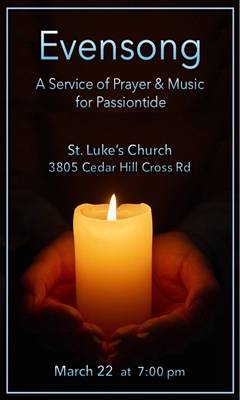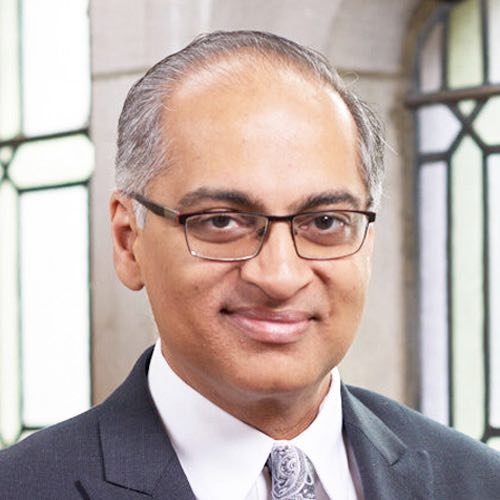Come January, we all get to thinking about the passing of time. We look back and look forward like the two-faced god, Janus, after whom the month is fittingly named. Some even wax philosophical about time, only to be frustrated. As Augustine famously put it, “What, then, is time? If no one asks me, I know; if I wish to explain to him who asks, I know not.” I hear you Brother Augustine!
Making matters worse, this year, we are all time addled. For some, time slowed to a crawl during lockdown. We could hardly tell what day it was. Now that we are back to the work and school and church frenzy, we feel sort of like the gym treadmill guy — a common sight gag in comedies — who is pleasantly jogging along until somehow the treadmill wildly accelerates and, finding that there’s no way to stay on, falls flat on his face. Are we really in January already? What happened? Why does 2022 sound like a science fiction year?
This year, I am asking a new question about time: am I too time obsessed? Do Christians think too much about time? To which you might reply: Instead of what? Well, how about place? From the time of creation to the time of Jesus’s coming in Bethlehem to the anticipation of Christ’s return, time is all we think about. To place and land, we hardly grant a second thought.
In much Christian theological imagination, the world as a whole is reduced to playing the role of a stage, a backdrop, for the divine-human drama. God’s saving work in Jesus is only for humans not for birds, animals, and certainly not for lakes, forests, oceans and the Earth itself.
No one has more urgently and insistently put the Christian West’s exclusive time obsession into question than Sioux theologian, Vine Deloria. In his still indispensable and too little read text God is Red, Deloria, appealing in part to French philosopher Albert Camus, declares that the Christian West’s failure to take seriously the existence of the world is a kind of madness.
The religious situation today eloquently reflects the American psyche—we create our own reality and we are absolutely free to do so. This condition, however, suggests that there is no reality and that we live in a completely intellectual world where the free choice of the individual determines the values and emotional content of experiences… Reaching into this plate of religious linguini and making an orderly analysis are not as impossible as we might suppose because Camus has properly identified our real choices — history or nature, time or space. While we would like our personal preferences to be realized, if we have any sanity, we must admit that the world outside our perspective has a bit of substance to it and must certainly be constructed on certain principles through which history and nature are related.
“If we have any sanity” — that is the question! Admitting that “the world outside our perspective has a bit of substance to it” has clearly not been a forte of the Christian West. Deloria observes that if we do not recognize that there is a real world outside our heads, then we live in a fantasyland. We can make up our own values (infinite economic growth, for example) without paying attention to the value of and constraints imposed by the material world.
The results of this delusion are predictable. How else to explain the ecological predicament we now face? By treating nature as an endless reservoir for raw materials but also a vast dumping ground, we have arrived at the brink of species suicide. Deloria insists that we will only escape our predicament if we learn to think history and nature, time and place together.
To change course and save ourselves and a million other imperiled species, we will have to make time to think about place. It won’t do to think about place as an empty grid or geographical coordinates we move through but as the stuff of which we are made. To do that, we will have to remember our true name — Adam, from adamah, meaning ground or soil. We are earthlings taken from the earth. Creatures who do not know their true name are, well, not long for the Earth.
So, perhaps this January, we might ask ourselves new questions: How can we learn to wed our thinking about time with our living in place? How might Christian living be transformed if we remembered that, in Jesus, God entered time by taking on flesh and so became an earth-creature, an earthling? We need not only to ponder but also to pray these questions if we are to find our way into a viable planetary future.



